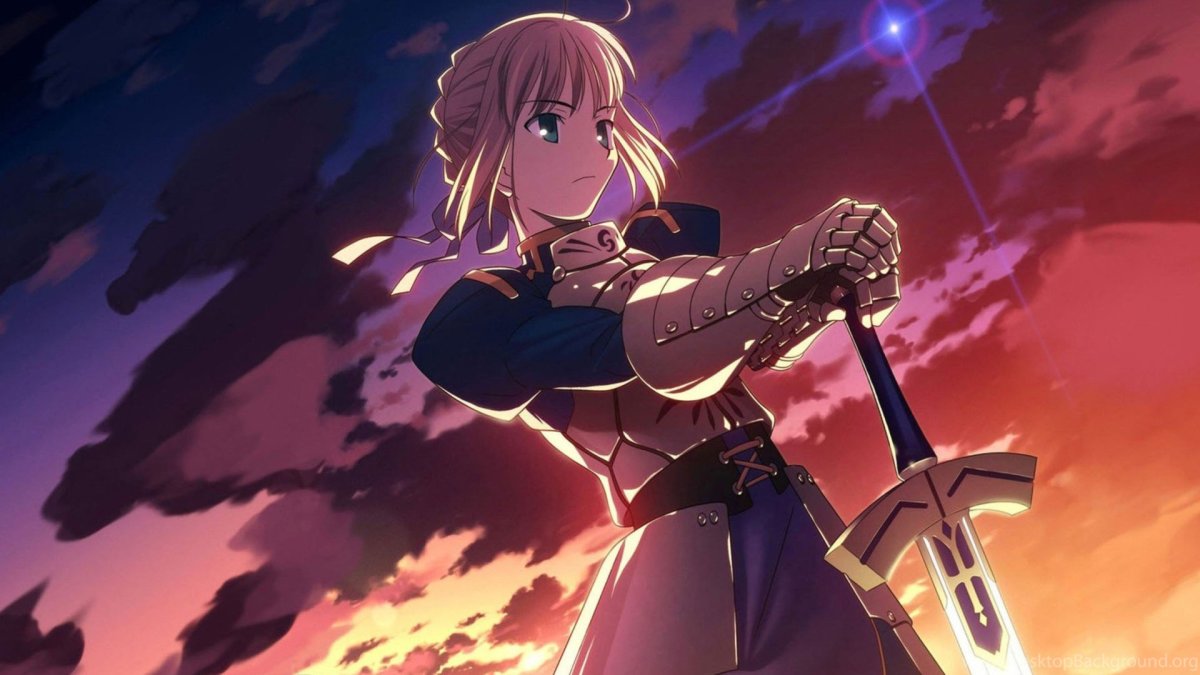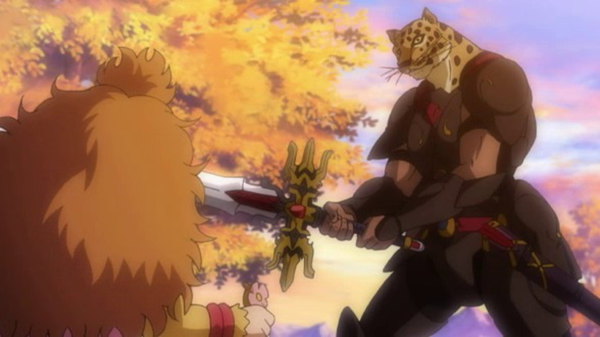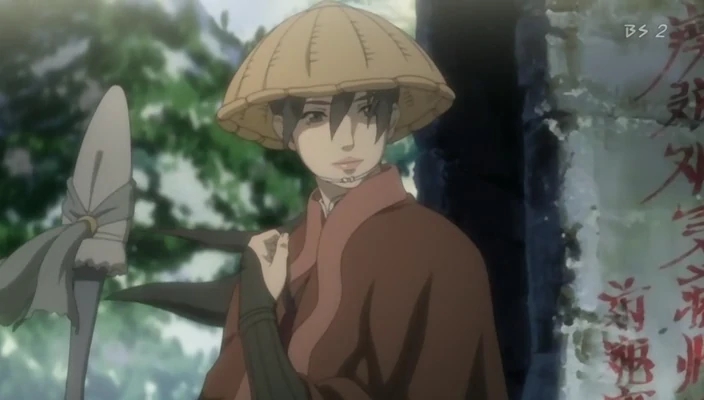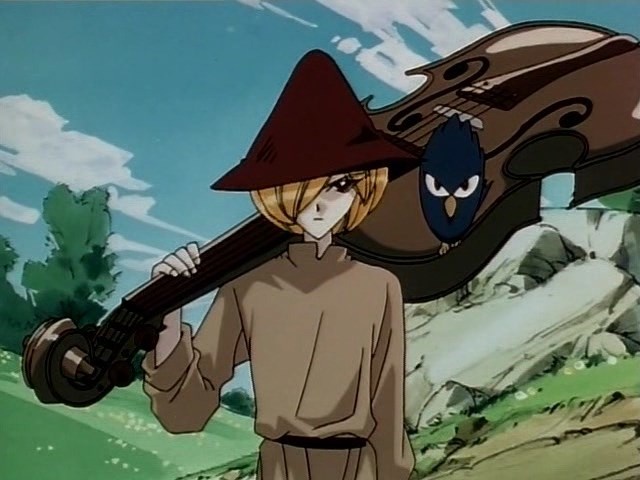Ask John: What Makes Fantasy Anime Universally Loved?
Question:
What exactly is it about anime that delves into the mythical that engages viewers on a global scale? Why has this form of storytelling persisted to the modern day? What separates the exceptional like the Fate franchise or Guin Saga from mediocre or poor quality anime that attempt to convey the same thing?
Answer:
This question is essentially two related questions: why are epic fantasy stories appealing, and what distinguishes a good epic fantasy story from a bad one. The first question is more concisely answered. Human beings are the creatures of highest intellect on the planet Earth, yet even humans don’t know the answers to fundamental philosophical and existential questions including whether or not living beings have souls, whether or not an afterlife exists, and whether humanity has a divine purpose for existence or is merely an evolutionary coincidence. So for as long as human intellect has existed, humans have created religions, myths, fairy tales, legends, traditions, and stories to comfort our fear of the unknown. From the dawn of mankind, stories have guided the principles of human existence. So no one should be surprised to see that contemporary humans still find comfort in myths and legends. Whether the myths are awe-inspiring or terrifying, they give us something to believe, and any reason – even one as terrifying as monsters under the bed – is still preferable to no explanation whatsoever, no sense of existence or purpose at all.
By their nature as fundamental philosophical stories, creation mythologies, epic myths, legends, and religions are the foundation of our lives and societies. While their details vary, all epic myths are universal. Therefore readers deeply entrenched in native mythology often find novelty in myths and stories that are familiar yet different. The story of Christ, who suffers and sacrifices for the greater good, is interesting when the Christ figure is paralleled by a female sun goddess or a furry-toed hobbit or the last survivor of a dying alien planet. Regardless of the details, the core principles of these myths are familiar to us and resonate with the morals we’re indoctrinated with from birth. Epic fantasies, from any era, culture, and language, whether the story is as ancient as Gilgamesh, Saiyuki, or Genji Monogatari, or as contemporary as Star Wars is universally accessible because the story is based on the primal curiosities and aspirations of human nature.
The distinction between good and bad myth making, especially in the field of anime and manga, lies in considerations far less grandiose and iconic. Example suggests that the ultimate distinction between good and bad fantasy in the anime and manga realm is determined by creativity. And let me emphasize a distinction between creativity and originality. Disregarding sub-genre classifications including space opera, historical fiction, isekai, high fantasy, dark fantasy, and so forth, fantasy manga stories can be simply divided very broadly into those which prioritize literary integrity and those that don’t. Quite simply, the best, most convincing, most satisfying, most engrossing epic fantasy manga stories are the ones that don’t cull their story structure from role-playing games. The finest manga and anime stories that evoke their own mythologies and seek to tell epic fantasy stories, titles including Guin Saga, Mushishi, Evangelion (although inspired by Christian myth, Evangelion is not a Biblical adaptation), Fate/stay night, Shingeki no Kyojin, Seirei no Moribito, Berserk, explicate lengthy and nuanced stories. These stories involve growth, sacrifice, hardship, experience and success gained through trial and error. On the other hand, far more typical and conventional manga fantasy stories adhere to a standardized formula. A character will commit to a quest, perhaps one as simple as developing a skill or securing food or slaying a monster. When the character succeeds, the character receives a reward, perhaps money or self-satisfaction or even just the ability to continue living. But the storytelling fundamentally is a repetitious cycle of performing an action to receive a reward. Such stories, notably among them Rayearth, DanMachi, KonoSuba, Shield Hero, Mushoku Tensei, and practically every isekai story, may certainly still be fun and enjoyable. But these stories with their redundant, derivative narrative structures, never ascend into the literary realm of myth making. They may have world building – in other words, setting details – but they don’t feel as though they’re introducing readers to entirely new cultural belief systems or depicting new foundational ways of living that the readers themselves can extract from and apply to their own lives. Excellent fantasy stories are a window into other living worlds that have their own cultures, traditions, and histories. Typical fantasy stories present fictional environments for readers to imagine themselves within: the world building and narrative structure are just deep enough to make the story satisfying for the reader. The author’s goal is to entertain the reader rather than to create a complete figuratively living alternate world with all of its complexities.
While higher production values typically accompany stronger epic fantasy stories, it’s the narrative structure itself rather than animation quality and art design that distinguish a satisfying epic fantasy story. As example, anime series including Slayers and Violinist of Hameln present satisfying, compelling fantasy stories that don’t feel derivative and bluntly cyclical despite having mediocre animation. All fantasy stories involve the same core components; that’s why they’re all classified as fantasy stories. The difference between them lies in how much effort the author invests into making the story feel like a window into another time and culture versus making the story feel like a repeating series of similar story arcs or scenarios.





